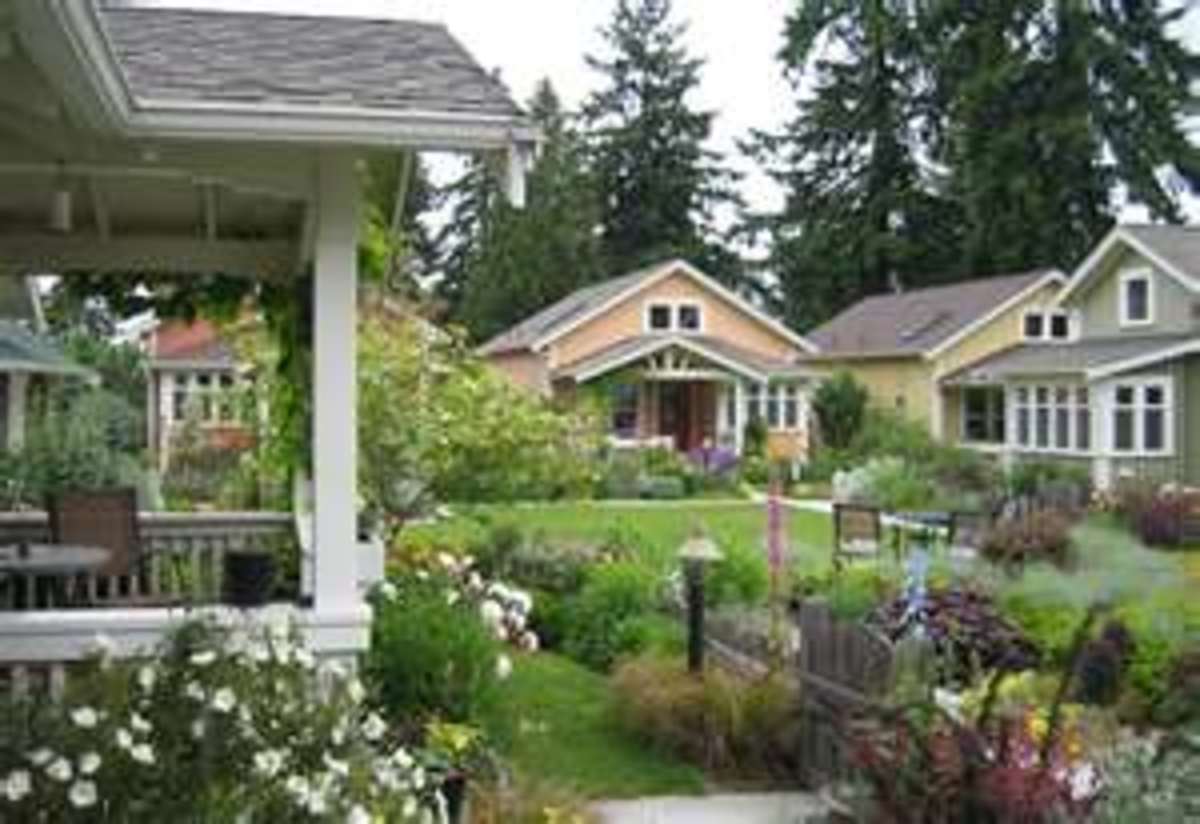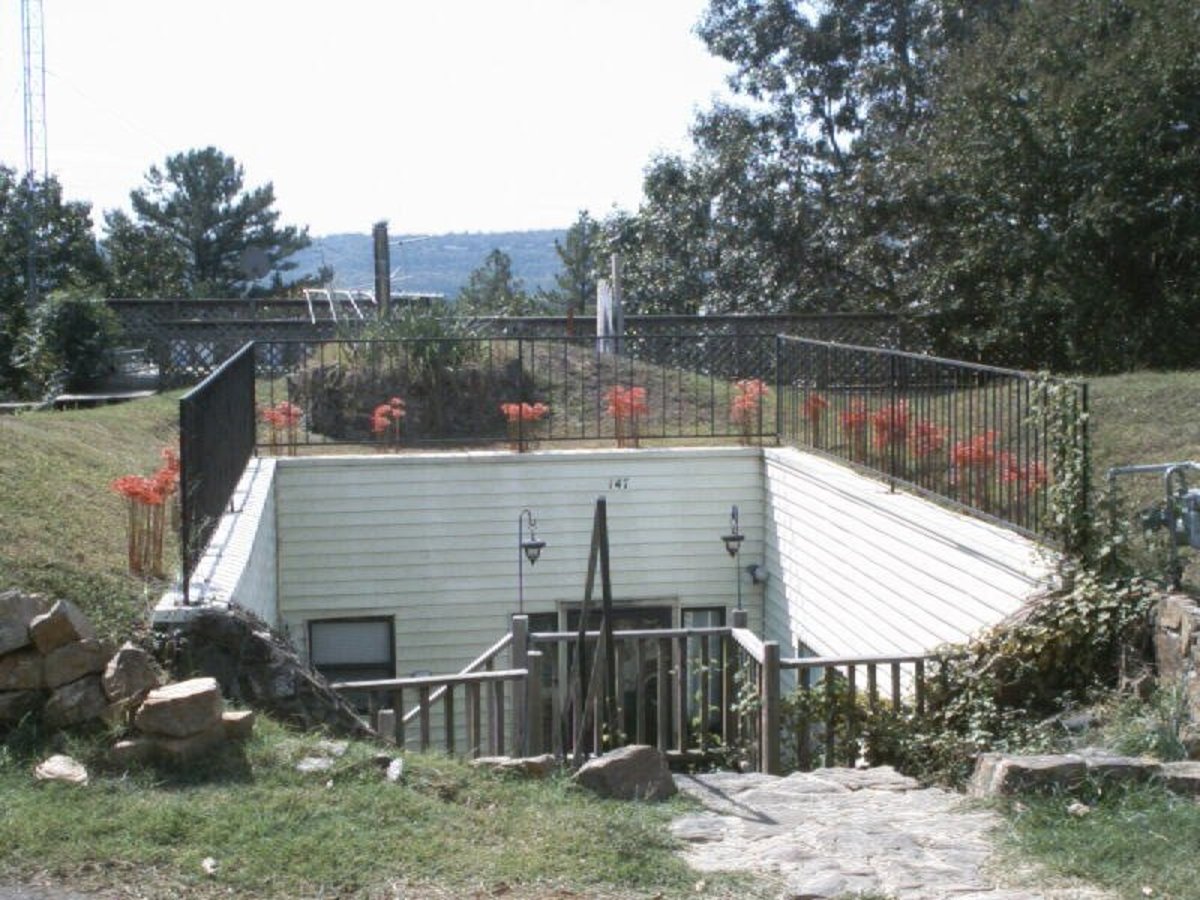What is a Housing Bubble?
Protect Yourself from the Next Housing Bubble

Housing Bubble: Definition
A housing bubble is an unsustainable appreciation in housing prices fueled mainly by speculation of future price increases rather than by underlying economic factors like more jobs.
A housing bubble usually starts with an increase in demand for housing which outstrips the long lead time needed to build new housing. As the increase in demand in view of limited supply causes prices to rise, speculators jump into the market believing they can buy and rapidly re-sell houses for short-term profits (a process known as "flipping"). The speculators' successes attract even more speculators and further fuel the bubble. At some point, the demand for housing stagnates or decreases as speculators lose faith in further appreciation and/or the supply of housing finally increases, resulting in decreasing prices. This is when the housing bubble "pops".
Housing appreciation caused by a bubble should be distinguished from situations where rising house prices result from underlying economic factors. For example, if housing prices rise in response to increases in the number of good-paying jobs in an area, increases in average salaries, or a reduction in available building lots due to new zoning, environmental or other restrictions, the appreciation may indeed be "real" since it is a reasonable response to these economic factors.
Don't Get Caught by a Popping Housing Bubble
Housing bubbles--and their "popping"--create economic winners and losers. The winners are the people who buy houses before or near the beginning of a bubble and then sell them for peak or near-peak prices before the bubble bursts. The losers are the people who buy houses during the bubble at peak or near-peak prices and are then stuck with their houses after the bubble bursts.
The losers of a housing bubble often lose tens or hundreds of thousands of dollars and frequently have no good options to deal with the losses. At a minimum, the losers see all or much of their down payment or other home equity vanish. Many losers are unable to sell their homes since the proceeds from a sale would not be sufficient to pay off their mortgage, and thus are stuck in their homes and unable to move away in search of better opportunities. Other losers try to cut their losses by selling their houses via a short-sale or by walking away, both of which cause losses and damaged credit.
The destruction caused by a popping housing bubble can take many years to repair. Thus, it is important for homeowners and potential homeowners to learn how to recognize the warning signs of a housing bubble to avoid the possibility of becoming a loser when the next bubble occurs.
Further Information about Housing Bubbles
Warning Signs of a Housing Bubble
Skyrocketing Prices: Sustained housing appreciation at rates exceeding inflation is a classic warning sign of a bubble. From 1890 through 2008, nationwide housing prices increased at just half a percentage point per year above inflation. Thus, any appreciation of more than a few points above inflation should be a warning flag of a housing bubble. Granted, there may be underlying economic reasons to justify higher appreciation, but it would be exceedingly difficult to justify the 20%-plus appreciation rates seen in many of the "hottest" cities during the recent housing boom.
Hype: Another important warning sign of a housing bubble is hype about rising housing prices. Housing bubbles are characterized by speculators who believe they can make short-term profits by buying and quickly re-selling houses, and this belief is often due to excessive hype. Once you start hearing ordinary people brag about the money they made flipping houses, you should be wary about making any real estate decision that depends on future housing appreciation.
"This Time It's Different": Another warning sign of a bubble is when you hear people say "this time it's different". During bubbles, people often espouse theories about why a run-up in prices is unlikely to fall victim to the same forces that popped previous bubbles. For example, many people argued dramatic increases in California house prices during the recent bubble were sustainable due to the decrease in developable land caused by new zoning and environmental restrictions. Unfortunately for the people who bought these houses at the peak, things weren't very different.
Prices Out of Touch with Fundamentals: There are a number of fundamental techniques for valuing houses, including comparing their values to the rental incomes they would receive if rented at fair market value, or determining the affordability of houses in a market for potential purchasers in that market. If your real estate agent starts saying these fundamentals no longer apply in your area, consider it another warning sign that your area may be in the midst of a housing bubble.
Deteriorating Local Economy: A deteriorating local economy may also signal a housing bubble if the deterioration is sufficient to kill demand. Look for mass layoffs in an important local industry (e.g., automobile manufacturing near Detroit) or a rapidly increasing local unemployment rate.









